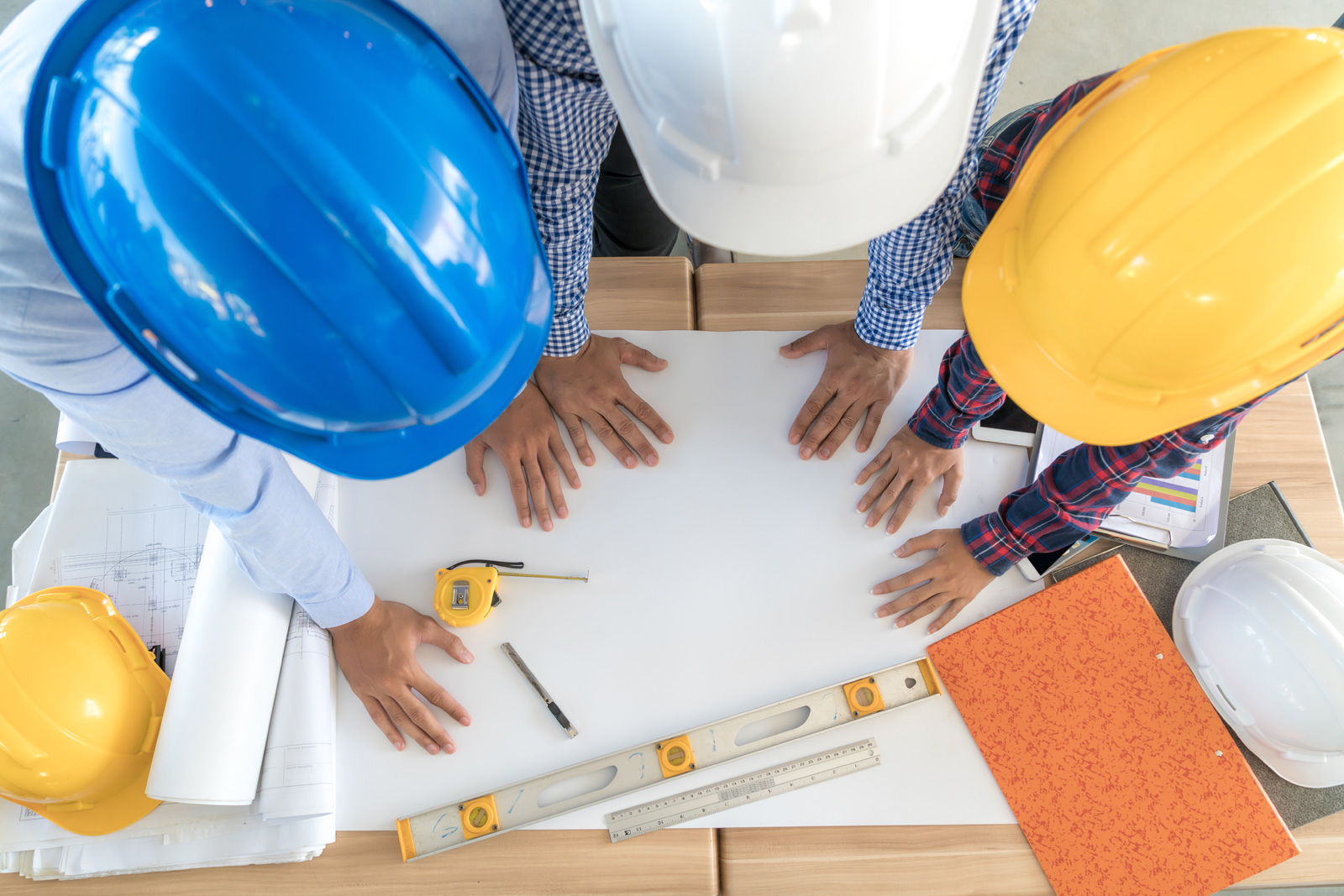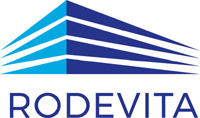We build with the mind, we create with the heart
Search, selection, and acquisition
Rodevita, specialized in social and health care facilities, looks for areas or properties that have the necessary requirements and characteristics for their intended use. Buildings or areas must already be associated to health care and/or medical service provision and be authorized to operate (this is a necessary condition in case of an already existing building).
It is also necessary to verify certain characteristics such as the size of the land, the layout of the building, the number of floors, parking spaces, the presence of a courtyard, a terrace and/or garden. This is because outdoor spaces allow for the restoration of green areas that had been lost and enhance facilities’ perceived quality.
Buildings shall be designed with the aim of ensuring compliance with industry regulations and certain minimum reference requirements, which are subdivided into the following:
Safety requirements (e.g. static, impact, electrical, flammability, fire resistance, fall protection, intrusion, or flight protection)
Well-being requirements (e.g. thermal insulation, humidity control, air-tightness, water-resistance, sound insulation, noise control, air purity, light flow, color appropriateness, and pleasantness of spaces and materials to the touch and to the eye)
Usability requirements (e.g. equipment, overall dimensions, equipment maneuverability, ease of access, and flexibility of use)
Appearance requirements (e.g. geometric regularity, adaptability to different kinds of finishing)
Integrity requirements (e.g. system integration, coordination of technical and functional elements)
Service provision requirements (e.g. compliance with minimum structural requirements, service performance, ease of use)
Management requirements (e.g. compliance with management requirements, possibility to control locations, as well as possibility to clean, to repair, and to replace, and energy balance of expected consumption)
In its search for properties or areas for its projects, Rodevita focuses on urban areas in major Northern Italian cities with at least 50,000 inhabitants such as Genoa, Como, Varese, Milan, Monza, Bergamo, Brescia, Verona, Vicenza, Padua, Venice, Parma, Modena, and Bologna. In addition, in other major cities such as Florence, Livorno, and Rome, as long as potential areas and buildings are located in central and interesting areas. In fact, target areas are very important: not only is the number of RHCFs and Rehabilitation Clinics that are already operational in the neighboring areas taken into account, but also location, which must be in almost central, residential areas, close to services, and well connected through the local transit system.
A recent study confirms all this, showing that when choosing a RHCF or a Rehabilitation Clinic, the most important aspects are: geographical location – meaning that it must be easy to get to; the presence of parking areas, means of transportation, etc. (69%); the reputation of the facility and the warmth and attention of the staff (33%); the availability of beds and the existence of a waiting list (17%); health care compatibility (14%); and monthly cost (13%).
Before any operational activity, a technical inspection of the area or property is carried out to verify whether all necessary requirements for the establishment of a health and social structure are in place. Then, a preliminary feasibility study is prepared to analyze structural, architectural, regulatory, financial, commercial, operational, and urban aspects. A business plan and a construction site worksheet are also drawn up regarding the possible costs to be incurred during the project, as well as timelines to have perfect control over management.
Once the possibility of acquiring the area or the property complex has been thoroughly studied, Rodevita expresses its interest through the signing of an acquisition agreement, after negotiation with the parties involved.


“Preserving the limited resources that were left to us in the best possible way, respecting the natural rhythm that governs the process of becoming, means expressing our supreme love for every form of life that will follow. Being aware of this dual responsibility is the first stage from a system of colonization to an eco-friendly system ” (Jeremy Rifkin, Economista)
Rodevita works responsibly and conscientiously in the development of its projects: respect for the environment and of the urban context where we built facilities are the basis of our way of working, where achieving harmony between buildings and the environment is key.
Our goal is to limit environmental impact, by pursuing energy efficiency and improving the health, comfort, and quality of life of those who live in the facilities we build.

